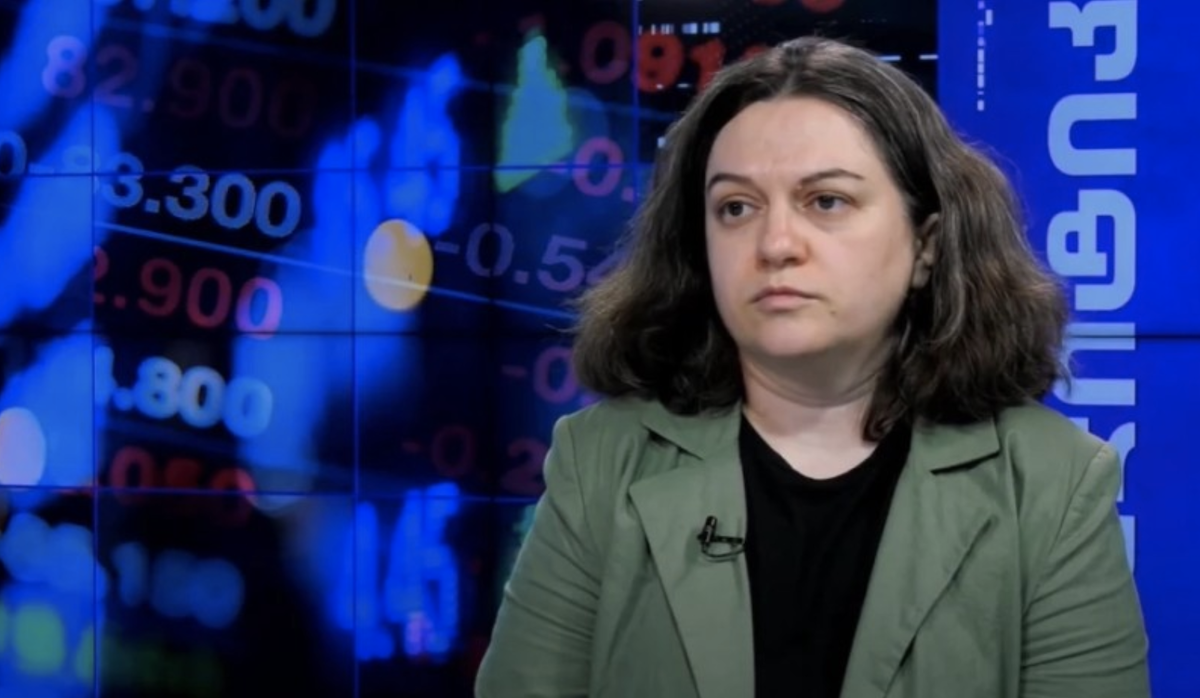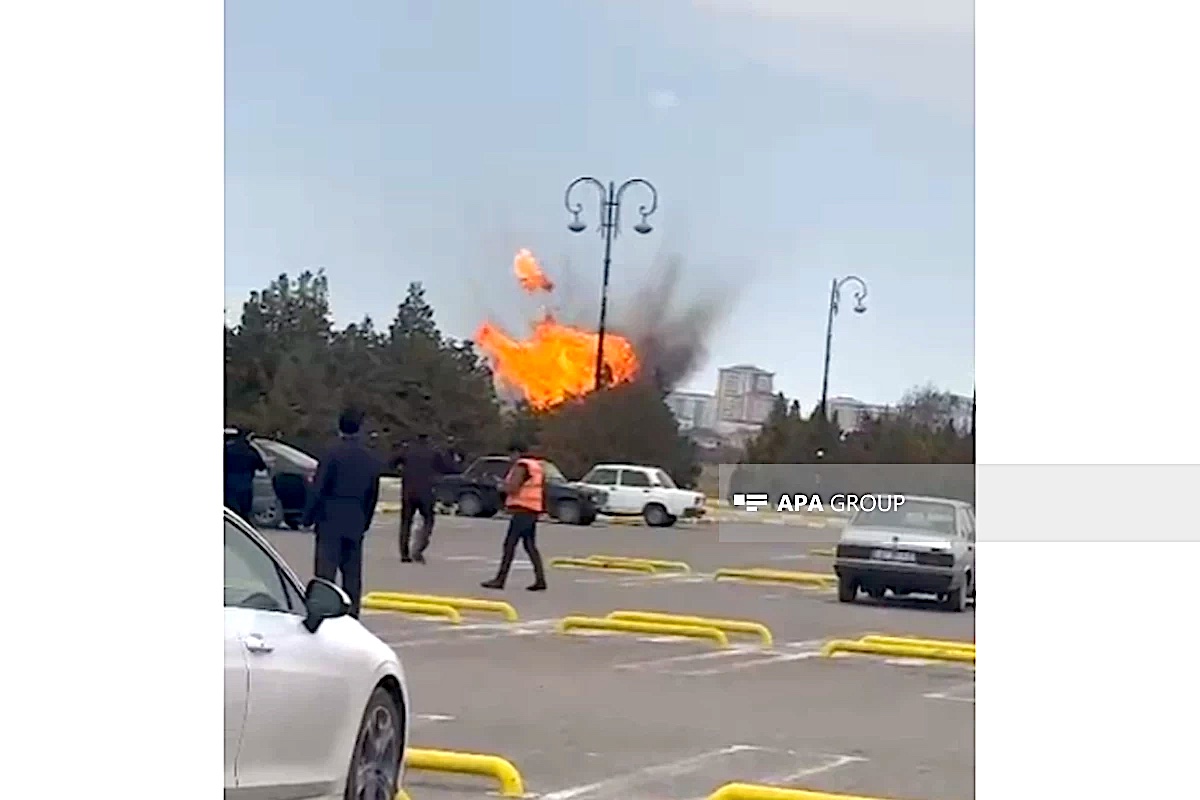Human Rights in the South Caucasus: 2019 victories and losses
The authoritative human rights organization Human Rights Watch has published its final report for 2019.
Azerbaijan
The Human Rights Watch report states that Azerbaijani authorities continue to exact tight control over the political system and persecute critics.
Persecution of critics
Social and political activists, as well as journalists and bloggers who don’t agree with the government’s actions are subject to police harassment, illegal arrest and restrictions on their movement.
The report names Bayram Mammadov, Mehman Huseynov, Mamed Ibragimov, Orhan Bakishli, Fuad Ahmedli, Asif Yusifli, Pasha Umudov, Ali Karimli as examples.
Right to Assembly
The authorities essentially imposed a complete ban on protests in the central regions of Baku.
In 2019, the number of people prosecuted by the authorities for violating the rules of holding mass events was several times higher than in 2018.
Intimidating Lawyers
At least three lawyers who spoke out during political trials had their licenses suspended for a year by request of the prosecutor’s office.
In February 2019, Yalchin Imanov, a lawyer who publicly stated that his client was tortured, was disbarred.
Freedom of Speech
The government maintains full control over the media. Defamation is considered a criminal offense.
The report named eight journalists who were imprisoned for their professional activities due to false accusations. Some of them remain in behind bars.
Intimidating critics abroad
The most egregious case noted in the report was of Sevinj Osmangizi, who runs a popular youtube channel and is now living in exile. State television tried to force her to stop publishing by blackmailing stolen photos and falsified online correspondences.
•Op-ed: a subjective take on the best and worst in Azerbaijan in 2019
•Where is the red line for Azerbaijan’s journalists?
•What does the phrase ‘sentenced to 7 years’ mean in Azerbaijan?
LGBT Rights
There was at least one known police operation where they detained 14 people of non-traditional sexual and gender orientations. Five were subsequently released, the fate of the remaining nine has not been reported.
Torture and inhumane conditions in custody
The authorities dismiss complaints of torture and inhumane treatment while in custody.
In March alone, 14 people convicted of mass rioting in Ganja testified in court about their ill treatment.
Armenia
The authors of the report claim that after the change of power in 2018, Armenia has been implementing a successful reform program, in particular in the fight against corruption.
However, significant problems persist in areas such as:
Accountability for Law Enforcement Abuse
The most vivid example is the inadequate investigation of the excessive use of force against peaceful demonstrators in 2008.
Ecological human rights violations
In particular, the report mentions protests against the construction of a gold mine in Amulsar, which have grown into clashes with the police.
Domestic Violence
In 2019, charges of domestic violence were brought against 209 people. But in the majority of cases, police were unable to protect the victims.
One example is Mariam Asatryan, who was killed by her partner. In 2017 and 2018, she filed several complaints with the police about being beaten, but they did not respond.
•The most important events in Armenia in 2019 in 180 seconds
•Why Armenia isn’t taking to the European convention against domestic violence – myths and refutals
•Attitudes towards LGBT people: Azerbaijan, Turkey, Armenia and Russia show worst rankings
The rights of people with disabilities are not fully protected
Despite some successes achieved in this area, the law drafted by authorities on the rights of persons with disabilities has not yet been introduced in parliament.
LGBT rights
People with non-traditional sexual and gender orientations still do not feel like equal members of the population. They are subject to insults and attacks.
The most egregious case occurred in a parliamentary hearing, when LGBT activists were forced to endure bullying and insults.
Georgia
Protests
In Georgia, the main event of the year reported by the Human Rights Watch was the anti-government protests, which the police dispersed using excessive force.
240 people sustained injuries, including 80 police officers and 32 journalists.
The authorities were biased when assessing the incident, claiming that 67 policemen and only seven protesters were victims.
Labor rights violations
According to data for October, 107 people were injured in the workplace, and 36 were killed. The main reason for this is that labor legislation does not ensure the worker safety.
The authorities have drafted legislative amendments, but they still have not been introduced in parliament.
•Georgia in 2019: 11 major events of the year
•All you need to know about the Tbilisi protests in 180 seconds
•Tkibuli – a city in Georgia that has become used to death
Freedom of press under threat
The report states that the owners and employees of such critical broadcasts as Rustavi-2, TV Pirveli and Mtavari are under pressure from the authorities on charges of economic crimes.
LGBT rights
The report details the pressure put on the organizers of the gay parade in Tbilisi, in particular, from the Georgian Orthodox Church. Also described are attacks on LGBT activists by supporters of ultra-conservative entrepreneur Levan Vasadze.
It also emphasizes that the investigation into this event has not yet yielded any results.



















